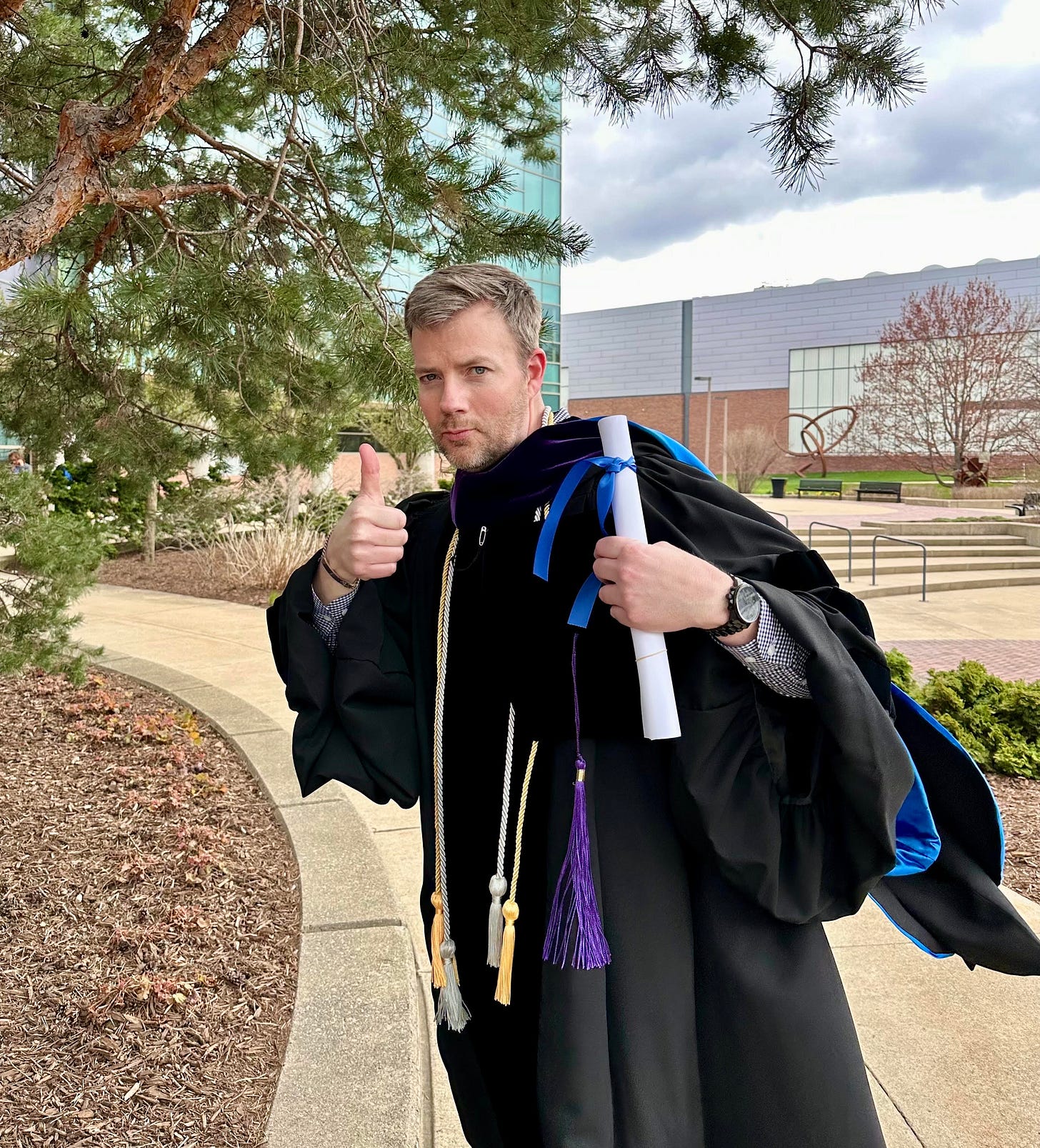How Hamilton and the GI Bill Got Me Through Law School at 45
Life Experience: The Unexpected Legal Superpower
Let’s get one thing out of the way: starting law school at 42 isn’t for the faint of heart. Graduating at 45 while maintaining a punishing writing schedule of seven articles a week and producing two video segments every seven days? That’s either the mark of madness or mission.
Somewhere between Federal Courts and editing B-ro…




